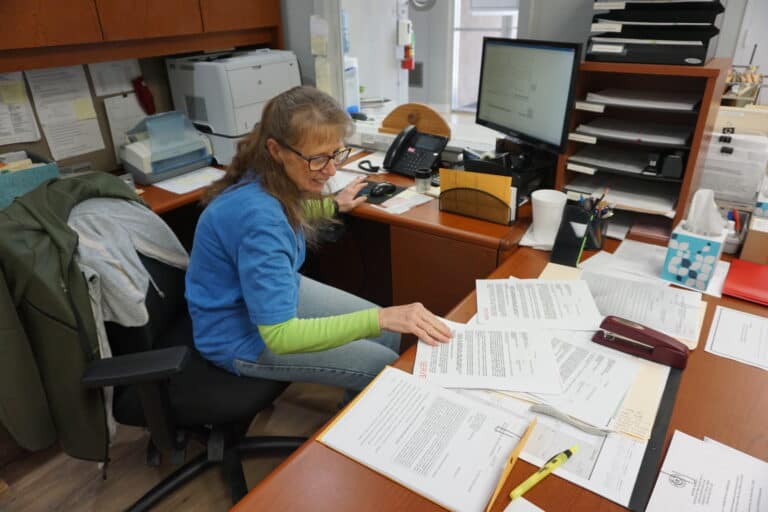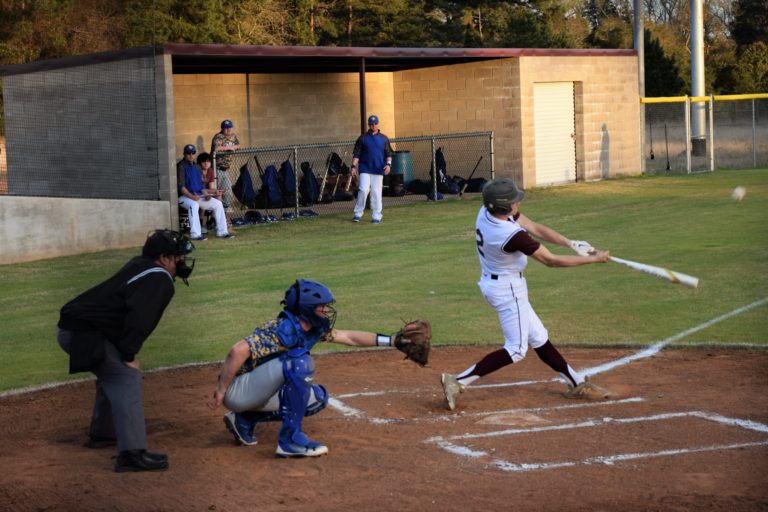Memories of the Crockett Ice Plant and the Way Things Were

By Jerry Wayne Davis
Special to The Messenger
CROCKETT – Not many people are old enough or alive today to remember the Ice Plant in Crockett. It was an important element in the functions and survival of the town I grew up in.
Have you ever thought about a world and life without ice or refrigeration? My parents and grandparents and those before them did not have that luxury. Without this, my grandparents had to use the well, potato cellar or spring house to keep things cooler. When fresh food was not available, they dried food, salted it, smoked it or canned it – if cans and jars were available.
Unwashed eggs would last two weeks without refrigeration and country stores had them in a basket on the front counter. Freshly killed game or hogs provided a meal, the cows for daily milk and butter. My grandparents smoked meat in a smoke house. They went out and cut off a piece when needed. Pioneers traveled with salted meat and dried bread called “hardtack,” a dense biscuit resistant to spoiling. In those days, salt was so valuable for survival it was used as money and for bartering.
The South did not have a lot of options for ice except those blocks cut from frozen lakes and rivers in the North and covered with sawdust to keep it insulated from melting too fast. One entrepreneur in the 1880’s bought a ship to carry blocks of ice to sell in the hot South.
Can you imagine a life without ice and refrigeration with no cold drinks or cold water? When the “icebox” came along, this was a life-changing innovation. The icebox had a compartment to hold the ice and keep food cooler and last longer. Even primitive iceboxes were an improvement over food preservation by drying, salting and smoking. Some older icebox designs go back over 5,000 years.
The Crockett Ice Plant provided ice for those Iceboxes and sometimes ice was delivered to residents in the back of trucks with a tarps covering them. The driver would grab his ice tongs and carry a block of ice to the customer. Years after refrigerators, my parents and grandparents still called the refrigerator the “icebox.”

In addition to home use, people lined up at the ice plant to get blocks of ice for their icebox, water buckets, to keep drinks cool, or even get ice to make homemade ice cream. The Ice Plant not only helped people save food and money, eat better and live healthier but there was ice for medical uses in hospitals, to cool patients burning up with fever and to preserve medications.
When we went fishing, my dad, Captain Sam Davis, would go to the Ice Plant. They would bring out a 300 pound block of ice and run it through a machine to “scare” it. We enjoyed talking to Mr. Cook and watching the workers with their ice picks. They worked with precision – chipping as skilled ice sculptors – producing 25 or 12.5 pound blocks of ice.
Later the Ice Plant offered not only block ice but brown paper bags with crushed ice. We used block ice for the water can, in the cooler for our drinks and for fish should we catch any. We also put a chunk of ice in the minnow buckets to keep the minnows alive in the hot Texas heat.
The Crockett Ice Plant is gone now and there’s a vacant lot where it once stood. It closed in the 1960’s when I was away at Stephen F. Austin University. I have never seen a picture when it was in operation with people lined up to get ice and the men working on deck with their ice tongs to provide ice for the customers.
Refrigerators in every home – some with ice makers – replaced the iceboxes. Other companies began to provide ice in different forms, stocking stores and filling self-serving machines. The Crockett Ice Plant faded out of existence along with memories of those once so dependent on it. It’s importance is rarely remembered.
It provided a means of survival and living for the people of Crockett and the communities in Houston County. They depended on it for ice, comfort 8/and daily survival. The Ice Plant was an important element in Crockett and may need a marker where it once stood, telling the story of how it helped Crockett survive and get to where it is today.
Greg Ritchie can be reached at [email protected]






